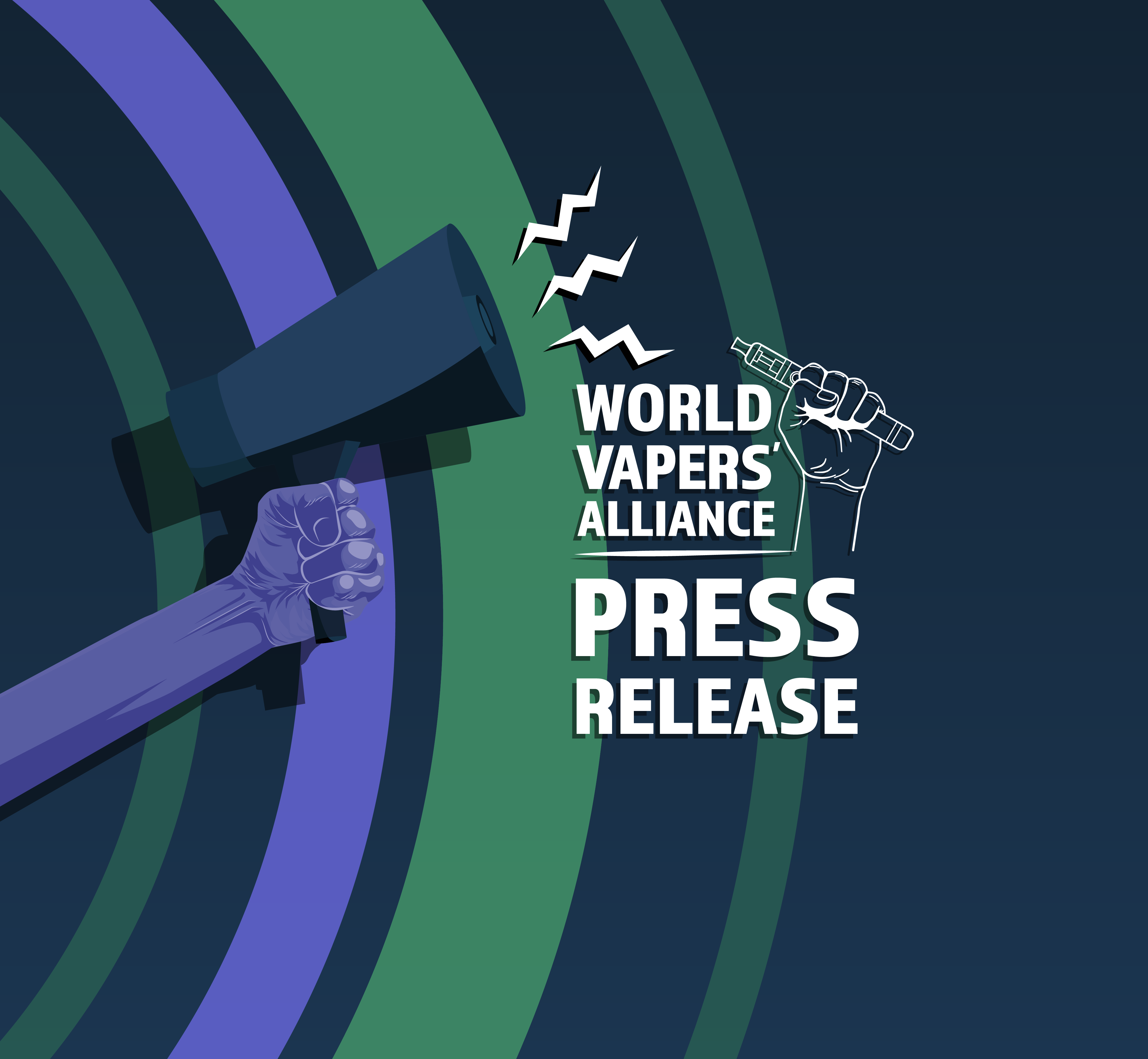If you have been following harm reduction globally, you might have noticed that developing countries often struggle with both factors – high smoking rates and a lack of sensible harm reduction approaches or policies.
This is true for many countries, and Georgia is not an exception.
Lack of information on harm reduction
According to the Healthy Initiatives (an NGO) survey conducted in 2022, 26.4% of the adult population smokes conventional cigarettes in Georgia, and sadly, 51% do not even consider quitting. Only 2.8% of smokers quit through safer alternative nicotine products.
There are two possible takeaways from these statistics:
- Amidst the political turbulence and numerous problems in Georgia’s political and social life, the local health authorities do not seem to focus on public health improvements and developing a tangible smoking cessation program.
- It’s not a coincidence that according to the same survey, 32.8% of respondents misleadingly believed that vaping is more harmful than smoking. It is vital to fight smoking rates by providing accurate data and information to the population of Georgia on both: the dangerous health effects of smoking and the ways to quit it through significantly less harmful innovative solutions, such as vaping.
Increased taxation
Instead of championing policies similar to the UK ή Σουηδία, the government in Georgia keeps imposing a higher economic burden on consumers and small businesses that provide products such as vaping and hence hinder the process of smoking cessation.
In April 2023, the government increased the excise tax on vaping liquids – from 0.2 GEL per ml to 1 GEL per ml (including 0 mg nicotine liquids). The nicotine capacity per bottle of liquid is also limited to 2%.
The above-mentioned is alarming because of the following aspects:
- Vaping is not the same as combustible tobacco and is, in fact, 95% λιγότερο επιβλαβές than smoking. However, in Georgia, it still falls under the same category as combustible tobacco products, which showcases the absence of understanding or willingness to endorse harm-reduction strategies among policymakers.
- The higher taxation on vaping products does not positively correlate with public health improvements. For instance, this study found that tax increases on vaping products will likely boost cigarette smoking.
Considering that the excise tax in Georgia is now five times higher than in 2018, it is less likely that pricier nicotine products, even though safer than conventional cigarettes, can become a substitute for smokers to quit.
"Ever since the excise tax increased, it became more challenging to provide our consumers with products that not only carry significantly fewer risks for health than conventional cigarettes but are also meant to be more cost-effective than smoking.
As a vaper myself, I wish the Georgian government endorsed harm reduction instead of standing in our way of helping smokers quit effectively.” – said Ilia Khoperia, the owner of the very first local vape shop since 2016 and the WVA ambassador.
Heavier restrictions on safer nicotine products do not contribute to smoking cessation. Yet, the Georgian health authorities carried the fight against vaping even further – as of now, the government is working on a plain packaging policy that, according to their official source, will get into force starting July 2024.
According to the WHO, smoking kills more than 8 million people yearly. The countries such as the UK and Sweden have proved that to achieve a smoke-free environment, policymakers must endorse harm reduction instead of fighting it.
For a country such as Georgia, which struggles with high smoking rates, getting familiar with how safer nicotine products work and developing a harm reduction strategy in combination with sensible regulation on vaping (such as age restrictions) has never been so vital.
Is there hope for harm reduction in Georgia?
So far, the Georgian government has been taking the opposite direction and exercising a restrictive approach to safer nicotine alternatives. More efforts must be put into cutting the smoking rates and thus improving public health.
However, on their way to smoking cessation, it is vital for policymakers in Georgia to understand that no country has ever gotten close to the smoke-free goal by ignoring harm reduction practices and the potential public health benefits they can bring.






Μία Απάντηση